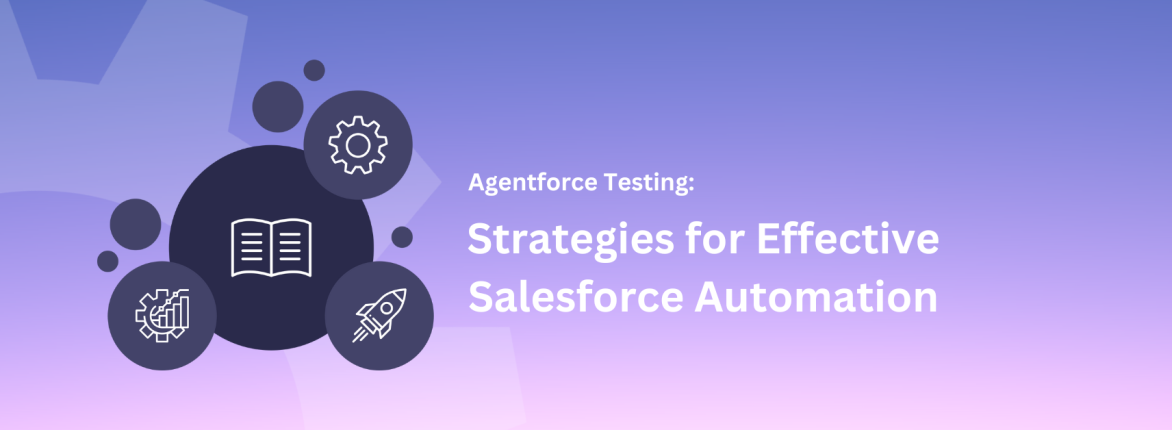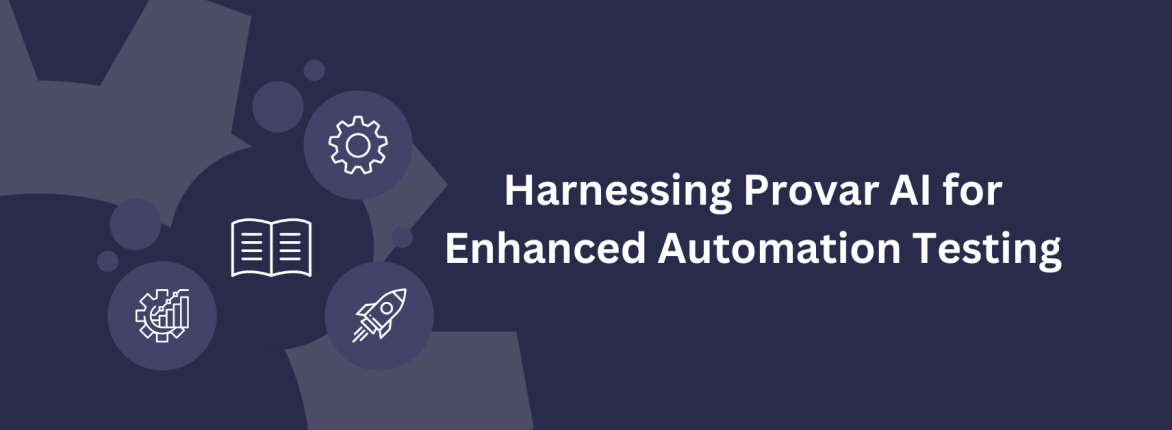For software testing, a critical aspect of ensuring seamless user experiences and maintaining product quality, Selenium is often one of the first avenues organizations explore due to its free, open-source nature and versatility in web application testing. Yet, as organizations evolve, they must consider evolving their testing strategy as well — Selenium is a great entry point, but “free” eventually has a cost.
Selenium has rightfully earned its place as a cornerstone of baseline test automation strategies, and here at Provar, we are big proponents of its benefits. Selenium began in 2004, when Jason Huggins developed it as an internal tool at ThoughtWorks to address the need for an open-source solution to automate web browsers. Since then, it has evolved into a suite of tools and libraries, including Selenium WebDriver, Selenium IDE, and Selenium Grid, collectively empowering testers to automate browser-based tests seamlessly.
For Salesforce testing, Selenium offers undeniable benefits. Its cross-browser compatibility ensures that Salesforce applications function across various browsers and devices. Additionally, Selenium’s regression testing capabilities enable organizations to automate tests that safeguard against unintended changes, such as Salesforce’s frequent updates and customizations. Selenium also assists in user interface and integration testing.
However, despite these advantages, the true cost of relying solely on Selenium becomes apparent as organizations grapple with the complexities of Salesforce testing and the evolving nature of their businesses. The one-size-fits-all approach of Selenium, while suitable for less complex testing scenarios, falls short in meeting the unique demands of enterprise-grade platforms like Salesforce.
This is particularly evident in the following areas:
Key Challenges with Selenium in Enterprise Testing
Customization and Adaptability
While Selenium provides a degree of flexibility, customization often requires significant technical expertise and effort. Enterprises may find themselves grappling with the challenge of retrofitting Selenium to align with Salesforce’s dynamic forms, shadow DOM, and flexipages, resulting in labor-intensive efforts and compromised test efficiency.
Maintenance Overhead
Salesforce’s rapid release cycle exacerbates the maintenance overhead associated with Selenium-based testing. Frequent updates and customizations necessitate ongoing efforts to update scripts and address failures, diverting valuable time and effort away from core business priorities.
Technical Expertise Requirement
Selenium’s reliance on scripting languages and technical expertise poses a significant barrier for non-technical testers, hindering collaboration between business and technical stakeholders and impeding the agility of testing processes.
Risk of Inadequate Test Coverage
Selenium-based testing poses inherent limitations in addressing Salesforce’s unique challenges. It increases the likelihood of critical test scenarios and vulnerabilities being overlooked, thereby exposing organizations to potential risks and liabilities.
Why Selenium Users Love Provar Automation
While Selenium may offer initial cost savings, the hidden costs and limitations associated with relying solely on this open-source tool underscore the importance of investing in a more comprehensive and specialized test automation solution tailored to Salesforce testing’s unique needs.
Enterprises seeking to navigate the complexities of Salesforce testing with confidence and success increasingly turn to specialized test automation tools like Provar Automation. Unlike Selenium, Provar Automation is purpose-built for Salesforce, offering tailored functionalities, reduced maintenance overhead, ease of use, and seamless integration with the Salesforce ecosystem.
Fundamental challenges faced by Selenium users in the Salesforce
One of the fundamental challenges faced by Selenium users in the Salesforce ecosystem is the mismatch between Selenium’s generic nature and the specialized intricacies of Salesforce web pages. Provar Automation circumnavigates this challenge by leveraging Salesforce’s rich metadata model to build its tests, ensuring resilience amidst Salesforce updates and customizations.
Moreover, Provar Automation prides itself on its simplified, intuitive test-building capabilities, empowering testers of all skill levels to create robust and reusable tests easily. By abstracting from technical complexities, Provar Automation fosters greater collaboration between business and technical stakeholders, enabling organizations to streamline testing processes and accelerate software delivery cycles.
Additionally, Provar Automation offers enhanced resilience and reusability, compatibility across different Salesforce environments, and proactive measures to maintain compatibility with each new Salesforce release. By investing in Provar Automation, organizations can mitigate risks, streamline testing processes, and unlock greater efficiency and reliability in their Salesforce implementations.
While Selenium may seem free upfront, its hidden costs and limitations become apparent over time, particularly in the evolving landscape of Salesforce testing. By recognizing the true cost of relying solely on Selenium and investing wisely in specialized test automation tools like Provar Automation, organizations can navigate the complexities of Salesforce testing with confidence and success, ensuring seamless user experiences and driving business growth in the digital age.
Want to learn more? Be sure to download Provar’s latest white paper, Selenium: Why The Cost of a Free Testing Tool is So High, for free today!










